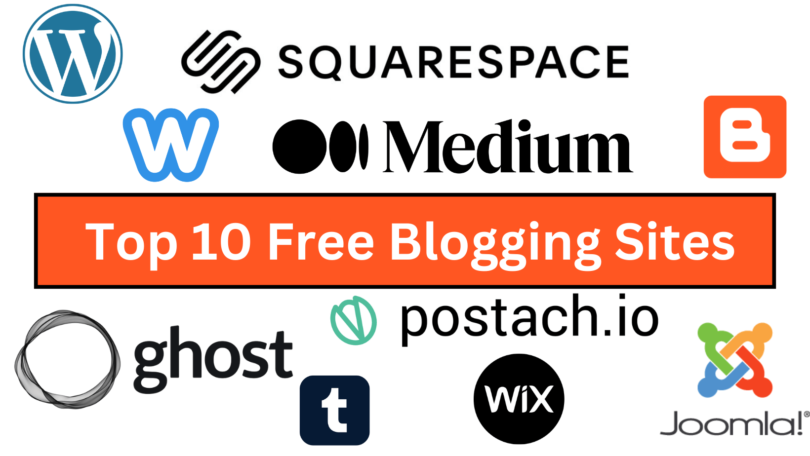Are you passionate about sharing your thoughts, experiences, and expertise with the world? Blogging is a fantastic way to do just that, and it’s easier than ever to get started thanks to numerous Free Blogging Sites available on the internet.
Blogging has revolutionized the way we share information, tell stories, express opinions, and connect with like-minded individuals on the internet.
It has evolved from personal diaries into powerful platforms for individuals, businesses, and organizations to communicate, educate, entertain, and engage with audiences worldwide.
In this introduction, we’ll explore what Free Blogging Sites are, their significance, and how they have transformed the digital landscape.
Whether you’re a seasoned blogger or a newbie looking to dip your toes into the world of online writing, these top 10 free blogging sites will help you create and share your content effortlessly.
Free Blogging Sites
| S.No | Blogging Sites |
| 1 | WordPress |
| 2 | Blogger |
| 3 | Medium |
| 4 | Tumblr |
| 5 | Wix |
| 6 | Weebly |
| 7 | Ghost |
| 8 | Joomla |
| 9 | Squarespace |
| 10 | Postach.io |
10 Free Blogging Sites
1. WordPress.com
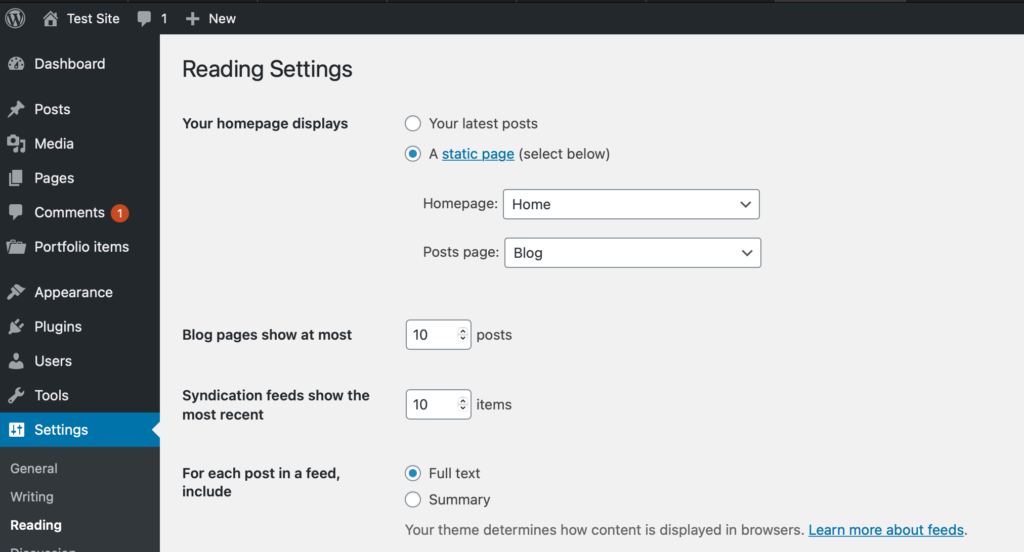
WordPress is an open-source content management system that was first released in 2003. It started as a blogging platform but has evolved into a full-fledged CMS that powers websites, blogs, e-commerce stores, and more. WordPress is renowned for its user-friendliness and its ability to cater to both beginners and experienced webmasters.
Choose from thousands of free and premium themes to give your blog a unique and professional look. Themes can be customized to match your branding.
WordPress’s block editor (Gutenberg) allows for easy content creation with drag-and-drop blocks for text, images, videos, and more.
2. Blogger
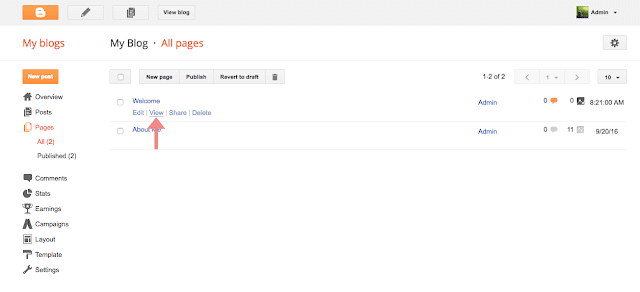
Blogger is a free web-based platform that allows users to create and publish their blogs with ease. It’s known for its simplicity and minimal learning curve, making it an excellent choice for beginners or anyone looking to share their thoughts and ideas through written content.
As Blogger is owned by Google, it seamlessly integrates with other Google services like Google AdSense for monetization, Google Analytics for tracking, and more.
Blogger offers unlimited bandwidth, so you don’t have to worry about running out of resources even if your blog attracts a large audience.
3. Medium

Medium was launched in 2012 by Evan Williams, one of the co-founders of Twitter. It’s a free online publishing platform that aims to facilitate meaningful conversations by providing a space for writers to share their thoughts, stories, and expertise. Medium has since evolved into a dynamic ecosystem of writers, publications, and readers.
You can submit your articles to Medium publications, which can help you reach a broader audience. Some publications are curated and have a significant readership.
Medium allows readers to highlight and respond to specific passages in your articles. This encourages thoughtful discussions and engagement with your content.
4. Tumblr

Tumblr is a microblogging platform that’s perfect for sharing short-form content, images, and multimedia. It has a strong community aspect and is known for its creativity.
Tumblr supports various post types, including text, photos, videos, audio, quotes, links, and chat. This versatility allows bloggers to express themselves in multiple formats.
Tags help categorize and discover content on Tumblr. Bloggers can use tags to reach a broader audience and connect with users interested in similar topics.
5. Wix
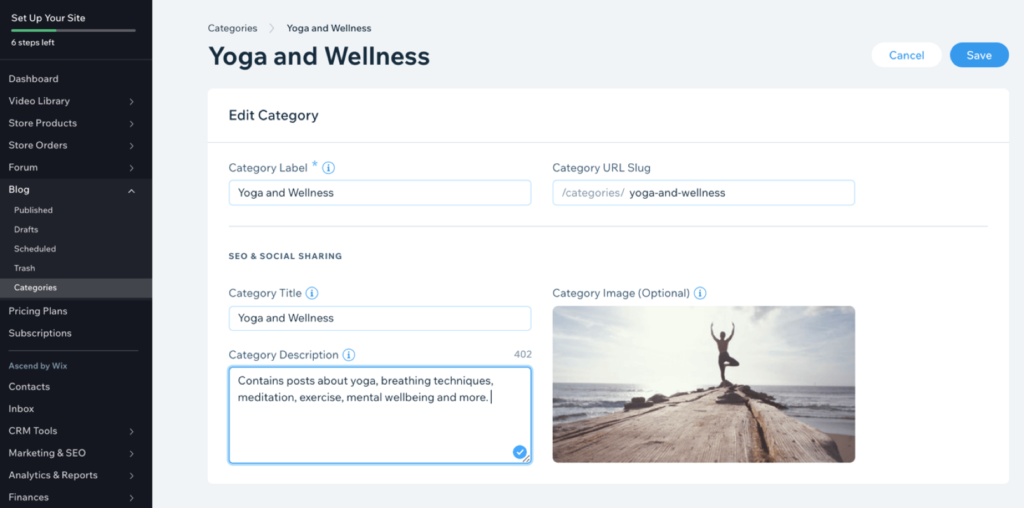
Wix is a popular cloud-based website builder that empowers individuals and businesses to create websites and blogs without the need for coding or technical skills. It provides a user-friendly drag-and-drop editor and a wide array of templates and features to choose from.
Wix includes essential blogging features such as post creation, categorization, tagging, scheduling, and the ability to integrate social media sharing buttons.
Wix provides built-in SEO tools that allow you to optimize your blog for search engines. You can customize meta titles, descriptions, and URLs for each blog post.
6. Weebly

Weebly is a web-based website builder that enables individuals and businesses to create websites and Free Blogging Sites without requiring extensive technical expertise. It offers a drag-and-drop interface that simplifies the process of building web pages, making it accessible to beginners and experienced users alike.
Weebly’s drag-and-drop editor is easy to navigate, allowing you to create and edit content effortlessly. You don’t need to have coding skills to use Weebly effectively.
Weebly offers a variety of professionally designed templates that you can customize to match your blog’s branding and style. You can also switch templates at any time without losing your content.
7. Ghost
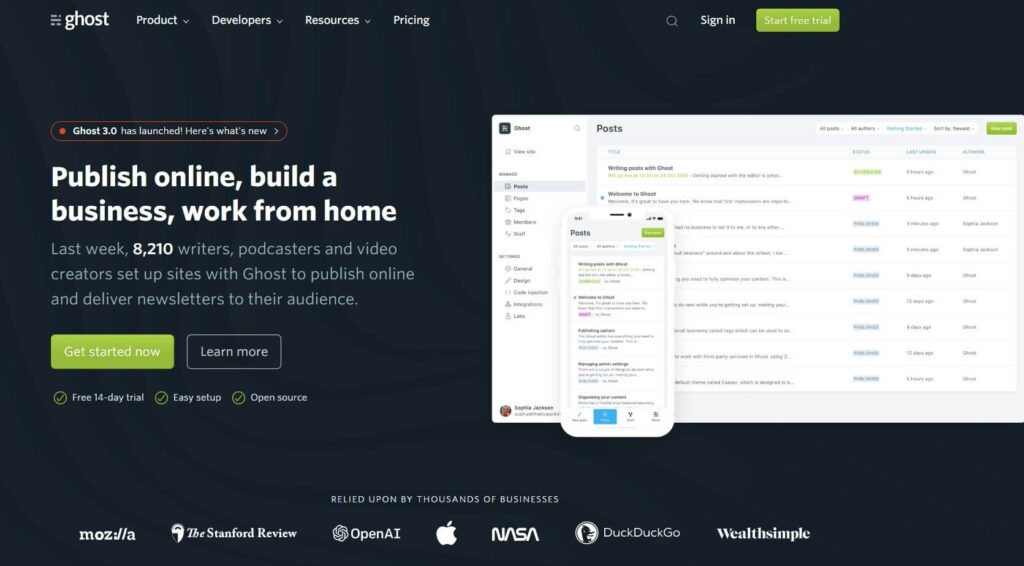
Ghost is a modern, open-source CMS and blogging platform that was specifically designed for Free Blogging Sites and writers. It was first launched in 2013, with the aim of providing a distraction-free, focused writing experience and a minimalist user interface.
Ghost’s editor is designed to help writers concentrate on their content without any distracting clutter. The interface is clean and minimalist, promoting a seamless writing experience.
Ghost uses Markdown for formatting, making it easy to write and format text with simple, plain-text commands.
8. Joomla
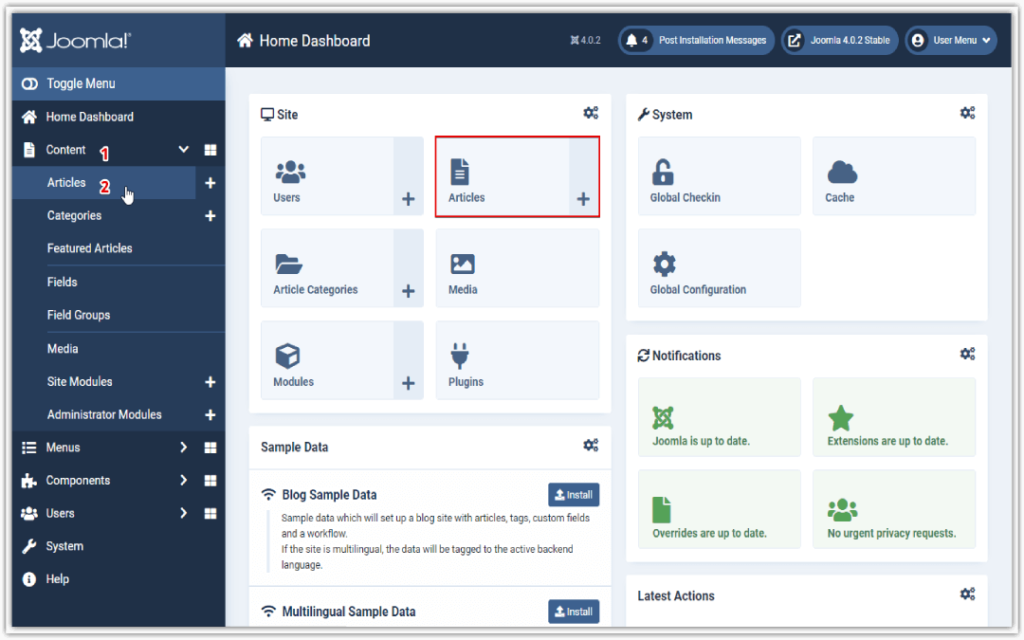
Joomla is an open-source content management system that allows users to build websites and online applications. It is known for its flexibility and scalability, making it suitable for a variety of web projects, including blogs. Joomla is written in PHP and uses a MySQL database to store content.
Joomla has an extensive library of extensions and plugins available in the Joomla Extensions Directory. You can add features like social sharing buttons, SEO tools, and contact forms to enhance your blog’s functionality.
Joomla has SEO-friendly features such as customizable URLs, metadata settings, and canonical URLs to improve your blog’s visibility on search engines.
9. Squarespace

Squarespace is a popular all-in-one website building and hosting platform known for its elegant design templates, Free Blogging Sites and user-friendly interface. While it’s widely used for creating various types of websites, it excels in providing bloggers with a platform to showcase their content effectively.
Squarespace offers a wide range of professionally designed templates. Whether you’re a travel blogger, food enthusiast, or a business blogger, you can find a template that suits your style.
Squarespace provides a robust set of blogging tools, including the ability to schedule posts, categorize content, and add tags. You can also enable comments and integrate with social media platforms.
10.Postach.io
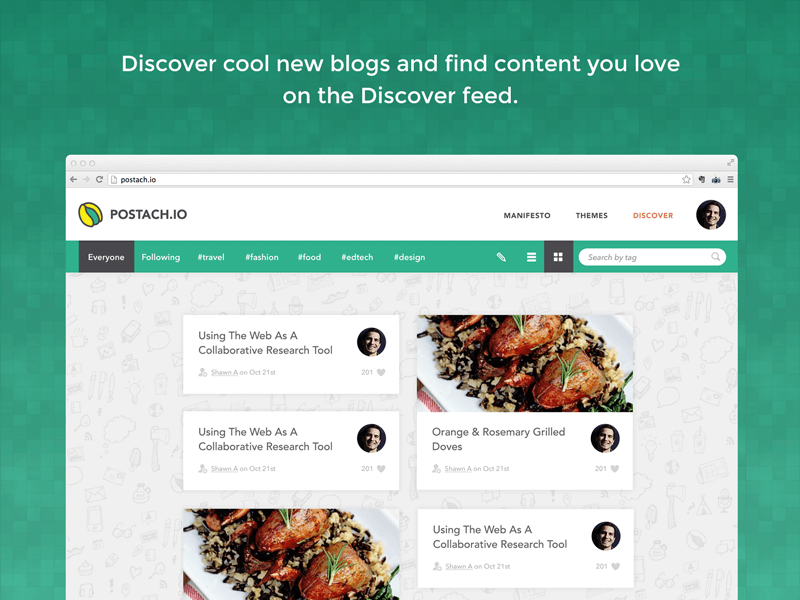
Postach.io is a blogging platform that transforms your Evernote notes into a fully functional blog. Evernote is known for its note-taking and organization capabilities, and Postach.io leverages this by allowing you to effortlessly convert your Evernote notes into blog posts.
Postach.io is incredibly user-friendly. There’s no need to learn a new interface or deal with complicated settings. Write your content in Evernote, and Postach.io takes care of the rest.
Postach.io pays attention to search engine optimization (SEO) with features like customizable URLs, meta descriptions, and the ability to add header tags to your posts.
These free blogging platforms cater to a variety of needs and preferences, so you can pick the one that suits your style and goals the best.
Whether you’re looking for a simple and straightforward experience or a more sophisticated and customizable platform, there’s a free blogging site out there waiting for you to start sharing your ideas with the world. So, go ahead, choose one, and begin your blogging journey today!


